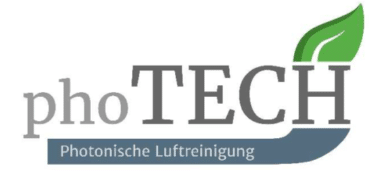
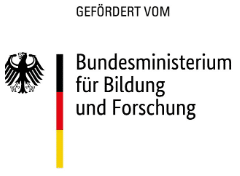
THE FUTAIR IS CLEAN - under this slogan, but also with this claim, the phoTECH alliance wants to declare war on air pollutants that are harmful to the environment, climate and health and for which there are currently no effective or practicable treatment options. PhoTECH stands for innovative photonic technologies that open up completely new possibilities for the purification of supply and exhaust air streams with complex or unresolved pollutant loads.
The planned joint project will serve to further develop photonic technologies and photocatalytic materials as key basic technologies in the PhoTECH group of companies and scale them up to production on a technical scale. The planned joint project is to be carried out in close co-operation with the developments of the other joint projects and in parallel. The scientific and technological developments will largely be driven forward with the expertise and equipment of the participating research institutions and universities. The resulting innovations for the various sub-areas of the overall project will be transferred to the other collaborative projects and scaled up to the technical application or the respective product.
The areas that Hof University of Applied Sciences will be working on in its sub-project are presented below:
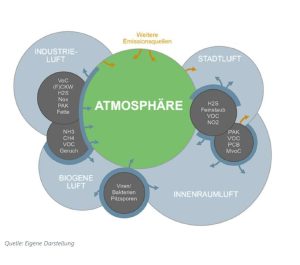
The research here is tough.


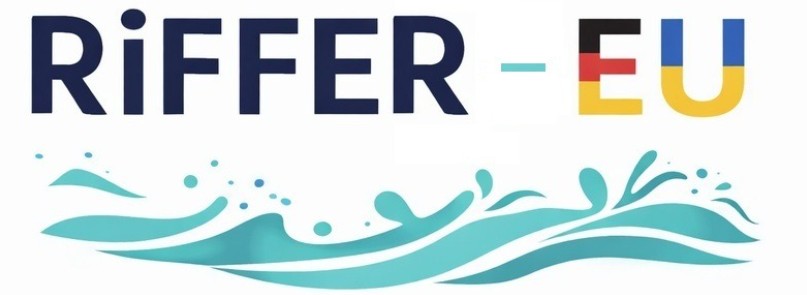


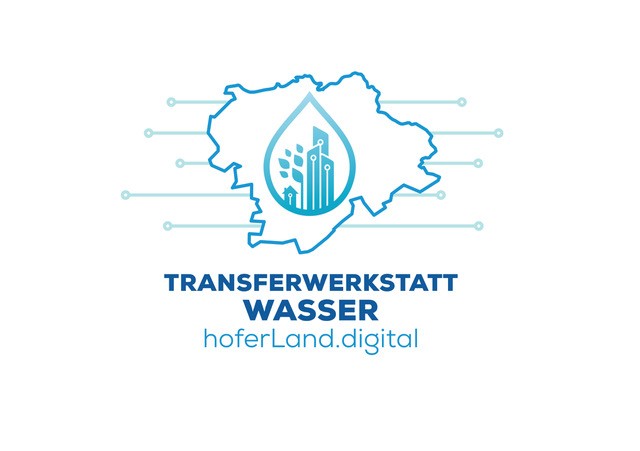




News about the inwa and its events.